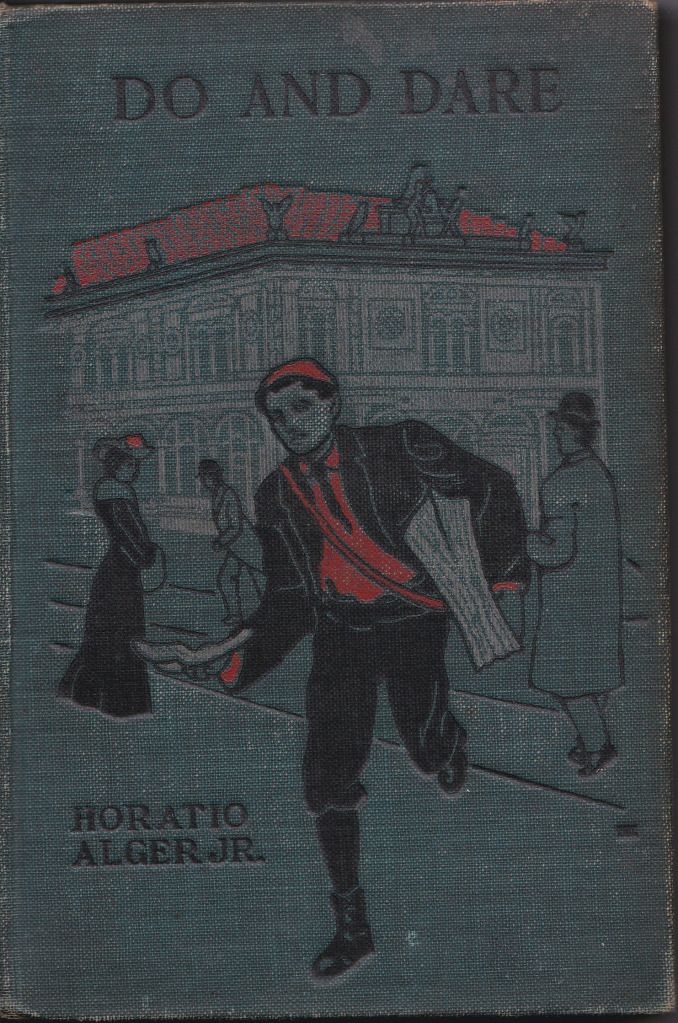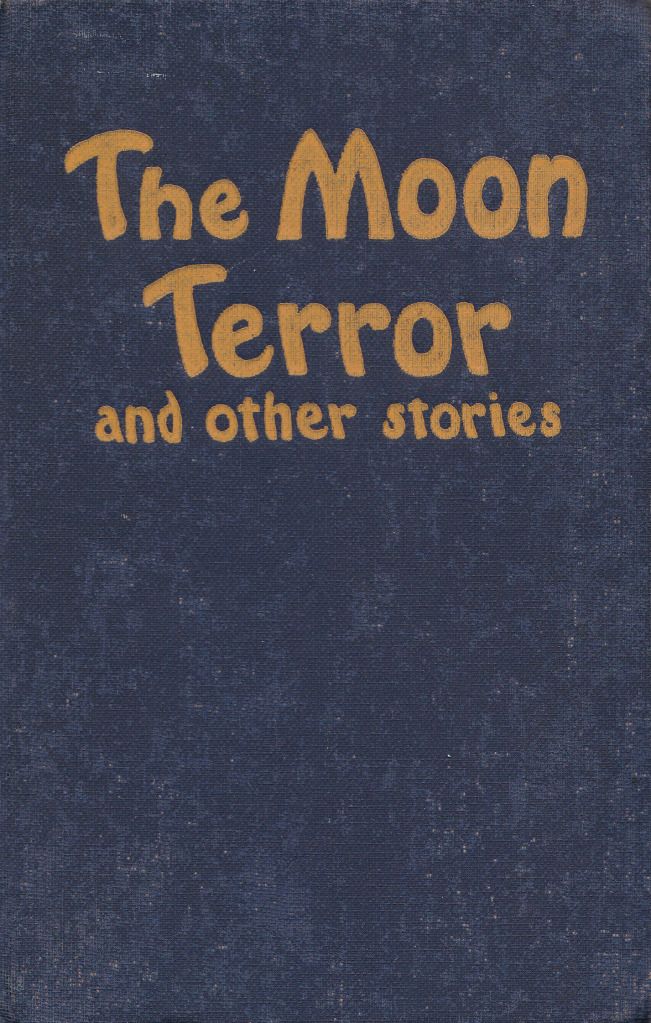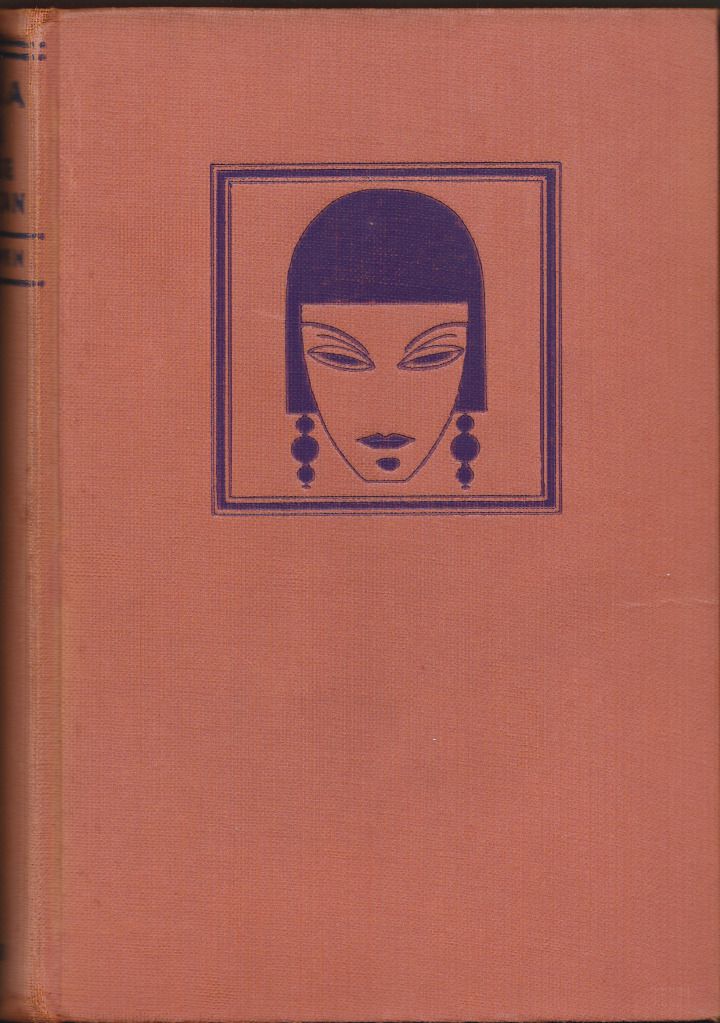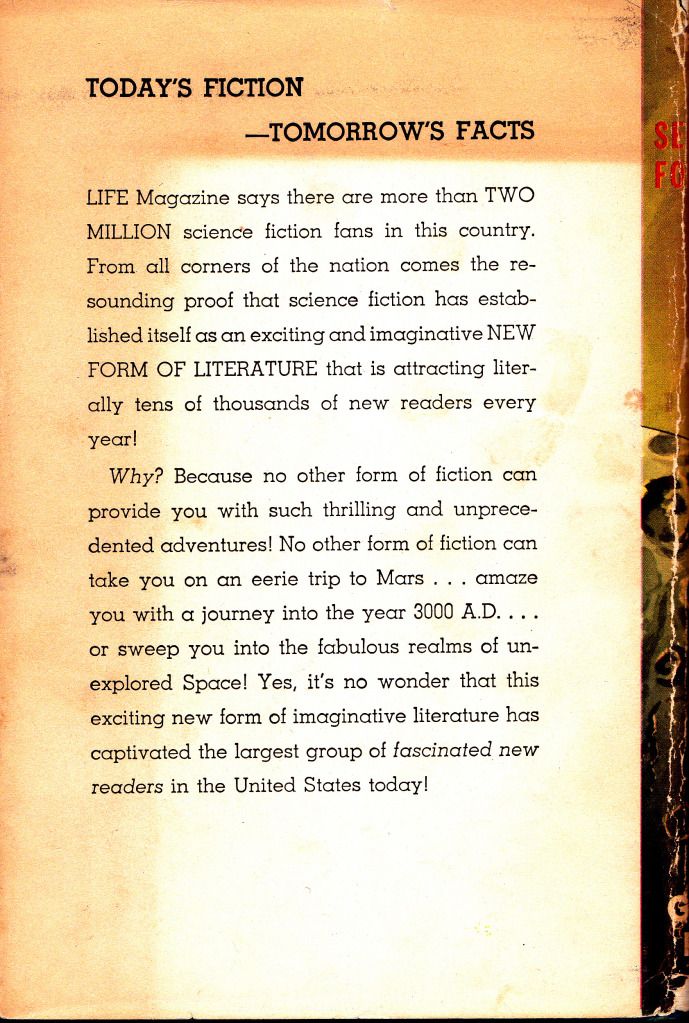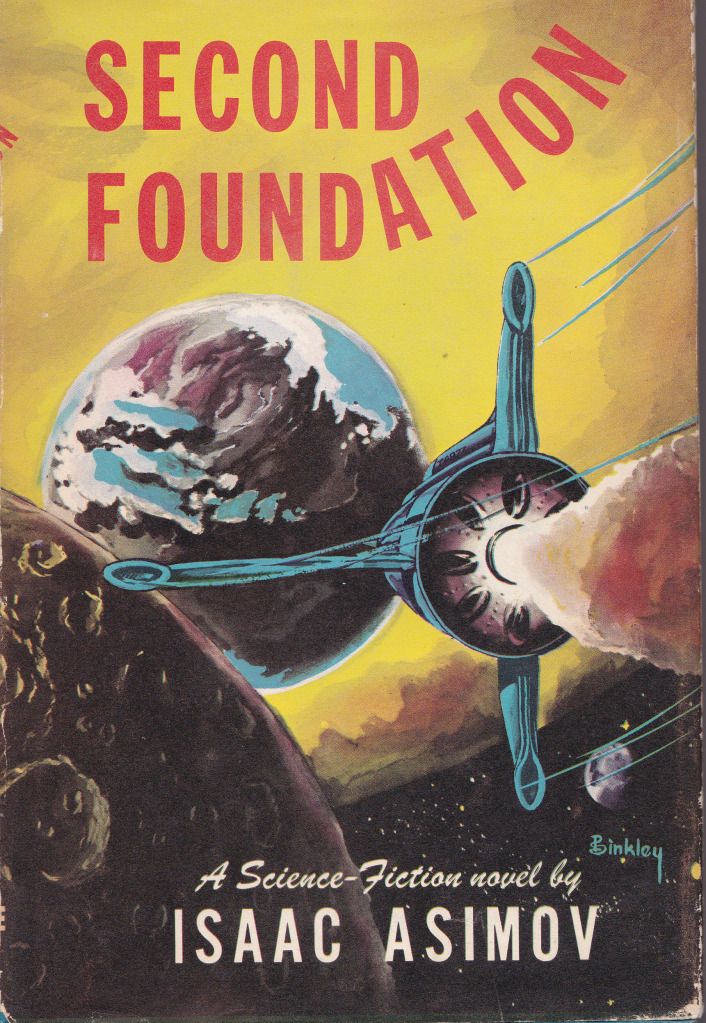Pulpfest 2012, August 9 – August 12,
2012 – Columbus, Ohio
I
had been looking forward to Pulpfest for quite some time, and had made my
reservations, both for the hotel and air travel, well in advance. Having heard of
the voluminous amounts of pulp magazines that were (likely) to be found in the
Dealer’s Room, I began saving my discretionary money in advance.
A
night out with friends the previous evening prevented me from getting any
last-minute preparations accomplished that Wednesday night, so I caught my 7:00
AM flight out of Richmond Thursday morning on no sleep, powered only by green
tea. Following a short layover in Newark, I reached Columbus around 2 or so in
the afternoon, making my way to the Hyatt Regency. I had attended several other
conventions that were housed in the chain’s Regency line of hotels, and all
were very impressive, and the Hyatt Regency Columbus was no exception. Very
nicely laid out and spacious, with convenient access to a variety of eateries, the hotel’s only major flaw, in my mind, was that the information they had
regarding the location of particular rooms could be improved upon, just a tad.
 |
| The Arena, just a block or two down from the hotel. For some reason, the thumbnails are ridiculously blurry; the actual, linked images are of far superior quality. |
As
early registration was still a few hours away, I decided to look about the
general area surrounding the Hyatt and conference center for a bit. The Arena
was a block or two down the main drag, and housed a good number of restaurants
and other attractions; the North Market, a large eatery/bazaar two blocks west
of the hotel was an attraction, in and of itself.
 |
| The Atrium on the second floor, just below the Dealer's Room. |
After
wandering around a bit, I returned to the hotel, and, due to a lack of rest the
previous two days, fell asleep for the next few hours. Unfortunately, I missed
both a panel hosted by Ed Hulse and Garyn Roberts concerning Campbell’s tenure at
Astounding Stories, as well my chance
to register. I awoke 15 minutes before early registration ended, but I could
not find where registration actually was (the hotel staff insisted that it was
on the second floor), so I went back to the room after exploring the hotel and
conference center a bit more, and called it a night after reading for a little
while.
The
next morning (Friday) I woke up in time to get to registration by 10; it was on
the third floor, in the Dealer’s Room. While my inability to find it the night
prior may strike some as odd (or idiotic), it does not surprise me much.
Outside of MarsCon in Roanoke, Virginia, Pulpfest is the smallest convention –
in as far as the number of attendees – that I have ever been to; every other
convention in my recollection had a separate registration area, away from most
of the panels and Dealer Room(s) and whatnot, so that is what I was looking
for. As sad as it may sound, it never occurred to me to look in the Dealer’s
Room for the registration table. Regardless, I acquired my registration badge
and packet (there was someone else’s badge in my bag as well – a Gilbert
someone or another; I handed that over to the young woman at the table, as I
figured Gilbert would appreciate that). With that in hand, I began looking
about the Dealer’s Room; the ballroom chosen for the spot was quite spacious
and provided ample room for moving about, unlike some shows I have been to,
where being packed in like sardines seems the norm. There was a large variety
of items to be had: pulp magazines, of course, in addition to rare and antique
books, classic (and obscure) film and serial dvds, some comic books here and
there, and collections of various fanzines, at differing tables.
 |
| Stairs from the second floor, to the third, which housed the Dealer's Room. |
Still
being rather new to the entire “pulp scene,” I did not have a very long
want-list; rather, I had an idea of the type of things I was looking for, and
out of those a few issues in particular. I was hoping to find anything written
by Frank Munsey that I wasn’t aware of previously, as well as any collected
printings of his stories that had originally appeared In The Golden Argosy’s early years. I also hoped to find any issues of
Munsey’s containing editorials by the
publisher regarding Theodore Roosevelt’s independent candidacy for President, of
which Munsey was an ardent supporter. Per my interest in Chinese history and
its portrayals in the pulps, I was on the look-out for any “yellow peril”
titles I happen to come across. As far as particular authors, I only had a few
that I kept an eye out for; a few alumnus of Weird Tales and Astounding,
and, in particular, a five part serialization that ran in Argosy All-Story Weekly, beginning in December of 1926 – Auguste
Villiers de L’Isle-Adam’s The Future Eve, an 1886 speculative
fiction tale that coined, what later became, the word “android.” I have an original, complete (translated from the original French) edition, but was hoping to find
this later serialization; the cover of the issue which carried the first
installment is is a fantastic piece of pulp/SF art history, in and of itself. I
was also hoping to complete my collection of Marvel Science Stories/Tales/Stories – I have the first 4 issues, but
would (like any good collector) prefer to have the whole set. I was also on the
look out for several issues and stories from various titles that I had read
only on microfilm recently during research, but enjoyed to the extent that I
wanted to have the actual issues, in hand. So, my list was modest; a great deal
less ambitious and comprehensive than most of my fellow attendees, to be sure.
I
picked up a few things that Friday – some
issues of Argosy starring Wort’s
Peter the Brazen, and a Fantastic
Adventures containing “The Masters of Sleep” by L. Ron Hubbard. As with
comic books, I like picking up titles that look interesting, but that I have
never heard of or ones I know did not last very long, so I picked up the first
issue (March, 1941) of Cosmic Stories.
Coming full circle to the front of the Dealer’s Room, I came across the Murania
Press table; I saw that Ed Hulse, pulp historian and editor of Blood’n’Thunder was there, and decided
to try and speak with him, having only shared email correspondences, thus far.
At his table, I also came across an earlier issue of the fanzine Pulpdom (#5, I believe), one that was
almost entirely focused on Frank Munsey; I snatched that up. Ed saw my name
tag, and reached out his hand in greeting; I quickly found out that the two
gentlemen he was conversing with were also members of the PulpMags mailing
list; Walker Martin and Lohr McKinstry. It was great to finally meet those with
whom I have spoken with only through email, and had heard a great deal about
(one thing I quickly learned about Pulpfest – it is, if nothing else, a place
to hear great stories of pulp fandom’s past). All three were great to speak
with, and I enjoyed the short conversation immensely. Walker asked me what was
going on with Argonotes, and I had to
admit, for lack of a better excuse, I simply had not had the time, between work
and several writing projects, to devote myself as much as I would like to it; I
am glad he mentioned it, however, because it inspired me to get back on it, and
that is exactly what I did following our conversation – after a small snack break
at an eatery in the convention center, during which I poured over the contents
of The Pulpster, I went over to the
Starbucks adjacent to the Arena and entered my first Argonotes post in almost a year. It was little more than an update,
an apology, and a dedication to return to the blog, but it still felt pretty good
to be working on it again.
Friday evening there
were two panels that I was determined to attend (I got back from Starbucks too
late to catch but the very end of the official welcome panel). At 7, FarmerCon
VII hosted Lord Tyger, Time’s Last Gift,
and the Gods of Opar. It examined the works of science fiction author Philip
José Farmer, a writer who, I am sad to say, I had no prior
knowledge of before Pulpfest. The panel was extremely interesting, not only
because it provided background information concerning the author’s works that
piqued my interest enough to purchase a few of his works in the Dealer’s Room later; the
panelists, Win Scott Eckert and Christopher Paul Carey (with moderator Paul
Spiteri) spoke at length regarding
legacy works (based on Farmer’s input and notes regarding unfinished stories),
and personal stories about the man himself. Eckert, in my opinion, gave more
information about the worlds and timelines Farmer created, whereas Carey
introduced any newcomers to the man himself, his family and his habits.
Together, the two presented a fantastic panel that, as I said earlier, only
raised my interest in Farmer’s work.
From panel’s end to
9:00 PM, I grabbed the first real meal I had eaten that day at the lounge/bar on
the hotel’s second floor. Over my “Tots Ranchero” and Jagermeister/Coca-Cola, I
took some notes on the previous panel, and my thoughts on Pulpfest thus far,
before heading back for the next presentation. At 9, Barsoom and Beyond, the focus of which was the evolution of Mars’
depiction in pulp and popular literature, beginning with Edgar Rice Burroughs,
was expertly moderated by Ed Hulse, and featured an impressive roster of
panelists. Henry Franke, current treasurer of the Burroughs Bibliophiles, was
the resident Burroughs expert, and Garyn Roberts was able to share Ray
Bradbury’s personal insights into Mars and Burroughs, thanks to the personal
friendship he held with the author for many years; novelist and pulp authority
Will Murray spoke on the stories of Otis Adelbert Kline, and Steve Haffner, who
has edited a number of recent reprints of her works, described Mars as it appears in the stories of SF author Leigh Brackett.
 |
| The panel, "Barsoom and Beyond." |
I have been a longtime
fan (at least, by my reckoning of years) of Burroughs and Bradbury, and I had
become familiar with Leigh Brackett’s stories while working on my thesis. However,
Kline’s writings I was only vaguely familiar with; so, I was able to gather new
insight into authors I already admired, while also gaining an introduction to
another whose place in pulp and SF history I now understand a great deal
better. Roberts’ insight into Bradbury was particularly helpful, thanks to his closeness
to the author; it’s a personal insight that others could not have provided, and
it was a valuable contribution to the overall discussion.
That is something that
I will make note of here, something that I noticed about Pulpfest, when compared
to other conventions. With the exception of some smaller shows (I mention
MarsCon again), I hate to admit that in the case of many conventions I have
attended, the panelists were not a great deal more knowledgeable about their
subject matter than a majority of the attendees. I come to Pulpfest after about
a decade and a half (am I actually old enough to have done anything for over 15
years? Good Lord) of attending comic, anime, and SF conventions. I have
attended comic convention panels where the speakers were constantly getting
dates, facts, creators and characters confused, or outright wrong; I have
attended anime conventions where the panelists conducting presentations
regarding Japanese or Chinese live-action cinema were, to put it nicely, barely
literate concerning the history of the mediums. As fandoms have come to accept more
and more individuals who are not necessarily fans in the traditional sense, but
rather gravitate to topics of popular culture in order to form some sort of
identity for themselves, such instances are becoming more and more common. Very
few, if any at all, (younger) attendees of a modern SF convention have any idea
who Hugo Gernsback or John W. Campbell are, and that’s mainly due to the fact
that, for the modern fan, the social reasons for belonging to a group, simply
for the sake of belonging, matter more than any sort of depth of personal
interest.
This, however, is not
true regarding Pulpfest, as far as I could tell. The sub-culture is still small
enough so that it is almost entirely composed of actual fans. While I believe
that is a good thing, it does raise questions concerning the future of the pulp
community; but, that is something I will address in another post, perhaps.
That was the end of
Friday for me; I intended to go back down for a panel that began at 11, but
some family situations back home were brought to my attention, and I was needed
on the phone well past 11. After reading for a bit I headed off to sleep.
Saturday morning I woke up, headed down to the third floor, and scoured the
Dealer’s Room for a bit, speaking to Mr. Hulse a bit more and picking up a copy
of his Blood’n’Thunder Guide to
Collecting Pulps (which I asked him to sign, of course). After picking up a
few additional items, I explored the area outside of the hotel for a few hours,
this time to what seemed to be the more historic parts of the city, before
heading back just in time to catch the two panels I wanted to see that evening.
Both focused on the creations of Robert E. Howard; the first, featuring Mark
Schultz and Jim and Ruth Keegan, covered the many artists and stylistic licenses
that have been taken over the years in bringing Howard’s Conan to life, while
the second, with Rusty Burke, Don Herron, Brian Leno and John D. Squires, spoke
more to the man behind the barbarian: Howard himself. Unfortunately, this second
Howard panel was cut short; the first had gone on a bit longer than planned, so
the second was trimmed down from an hour to 30 minutes to make room for the
auction, scheduled at 9:30 PM. Why the auction was not simply pushed back, and the
second Howard panel allowed its full hour is something I do not understand, and
constitutes my one, real compliant concerning Pulpfest.
Now, I am not beyond
admitting my newness to the pulp scene, and I did get the general impression
that the auction was just as much a time-honored tradition as the idea of a
pulp convention itself, so perhaps I am alone in my opinion that a panel
outweighs an auction. In any event, I attended the auction for most of its
duration; it was a learning experience in several ways. I had never been to an
auction, or at least not one like this; other conventions have had fan-art
auctions and the like, but never estate collections or anything spanning back several
decades. Second, it introduced me to several pieces of pulp history I was not
aware of, such as PEAPS (Pulp Era Amateur Press Society) publications and other
works that I took note of as being valuable works for future reference. The
highest bid was well over $1000 for a complete run of the PEAPS series of mailings,
and the second highest was around $900 for a painted reproduction of the cover
to the first issue of The Phantom
Detective – to be honest, this surprised me, as all the talk I had heard
about the auction beforehand led me to believe that these bid levels would be
amongst the lowest of offers, when in all actuality it seemed that the average
price paid seemed to be around $100 or so, if not usually lower.
I left the auction
around midnight or so, as there was only one table of items or so left, and,
from what I had seen, they didn’t seem as interesting as the varied items that
had come before; besides, the days without sleep earlier in the week were still
taking their toll, so I headed off to my room, watching an episode of Mystery Science Theater 3000 I had on my
computer before dozing off for the night.
 |
| My hotel desk, Saturday night. |
Sunday was the end of
Pulpfest, but still rather busy for me, as I had a number of flights, layovers,
and more flights and more layovers ahead of me for most of the day. Mr. Hulse
had invited me to a breakfast he and a number of his friends were having Sunday
morning, but my phone’s alarm did not seem to rouse me in time, so I missed it
– something I still regret, as I’m sure I would have heard a good many more
stories of pulpish history. I did not wake until around 9:30 AM or so that morning;
I packed up all of my belongings and purchases, and set them aside until I was
ready to check out. I headed back down to the third floor for the Dealer’s
Room, to see what was to be had this final day, and also to apologize to Mr.
Hulse for not making it to breakfast; he assured me there was no need to
apologize, and actually inquired if I would be interested in writing a report
of Pulpfest 2012 for the next issue of Blood’n’Thunder,
from the perspective of a “newcomer.”
I purchased a few more
last minute items, mostly a few yellow-peril themed Argosys, and a
black-and-white reprint of the first issue of Dr. Yen-Sin, before taking my leave of Pulpfest; I never did find
the one issue I was looking for the most, the first installment of “The Future
Eve” (Argosy All-Story Weekly –
December 18, 1926). I gathered my things, and checked out at the front desk; as
I still had about an hour until the shuttle from the airport arrived, I checked
my luggage with the hotel and explored the nearby North Market a bit more,
before returning, boarding the shuttle, and heading back to the airport and,
after some time spent at both the Columbus and Atlanta, Georgia airports, home
to the Old Dominion.
I enjoyed Pulpfest, both as a convention, and as a learning experience on a number of levels. In a follow-up post, I will include some thoughts that have come across my mind in my capacity as probably one of, if not the, youngest attendee at this year's gathering.

